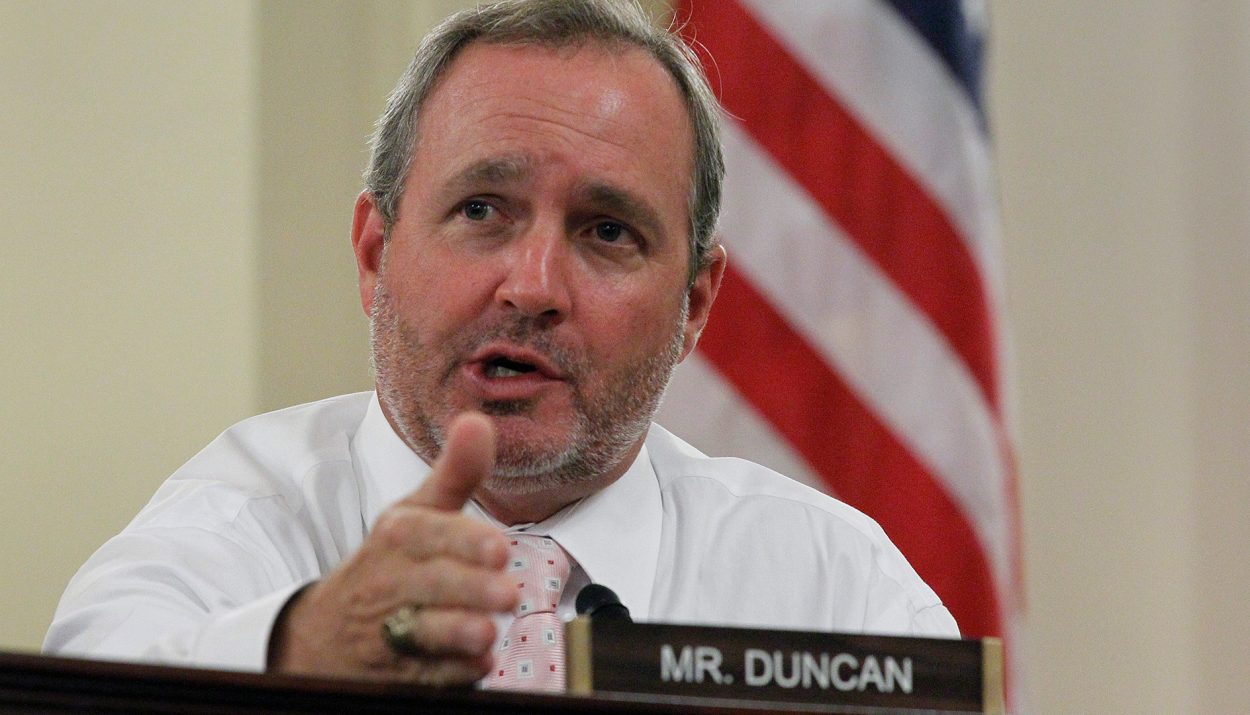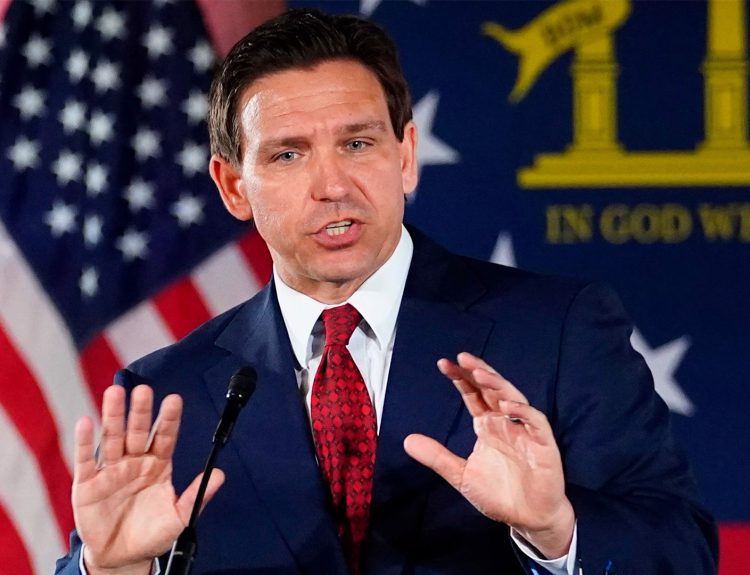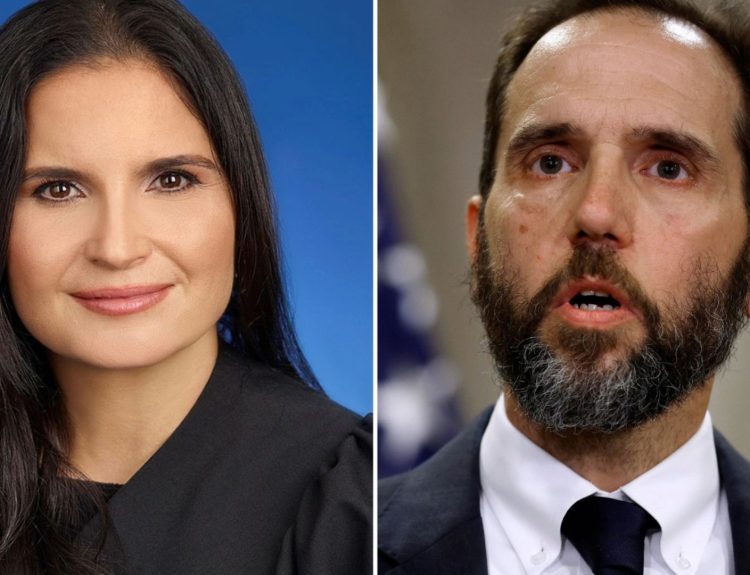Resignations from representatives to Congress have been steadily on the rise. Republican Jeff Duncan, the representative for South Carolina, has announced his intention not to seek reelection. What’s been causing all these retirements, and is this a good thing? With so many people leaving, is Congress even able to do much? Let’s look at the facts.
Close to a Dozen Republicans Slated to Leave
Duncan is the latest in a long line of Republicans who are not seeking reelection and plan to leave at the end of January. Usually, when members of Congress leave the house, it’s because they intend to run for higher office.

However, one of the things that stood out about these resignations is that only one of them was because the representative was seeking a higher office. The rest were because of burnout or frustration with the lawmaking apparatus.
Modern Politics is a Different Animal
When asked why he was leaving office, Duncan simply said that he was frustrated with how things were done in Congress these days. He noted that he felt a sense of duty to serve his country after the 9/11 incident, but today’s politics is different.

Other congresspeople stated the same thing, which shows in how debates go in the House. Most recently, Republican hardliners hijacked a vote to respond to a Republican bipartisan spending deal.
Aggressive and Violent Nature of Modern Politics
Most of the retiring congresspeople are of an older generation. During their time, politics was about finding a middle ground and figuring out a way to move forward for the benefit of the public and their own constituents.

Modern politics has become more violent and partisan, with media driving wedges between hardliners from both major political parties. Today, the discussions aren’t as much debates as they are arguments along party lines.
These Resignations Can Be Key to Elections
Many of the resigning congress members have been holding their seats for quite a long time. The resignations come at an inopportune moment, as the 2024 elections are right around the corner. Incumbents who have been present in their seats for the long term tend to have better chances of re-election.
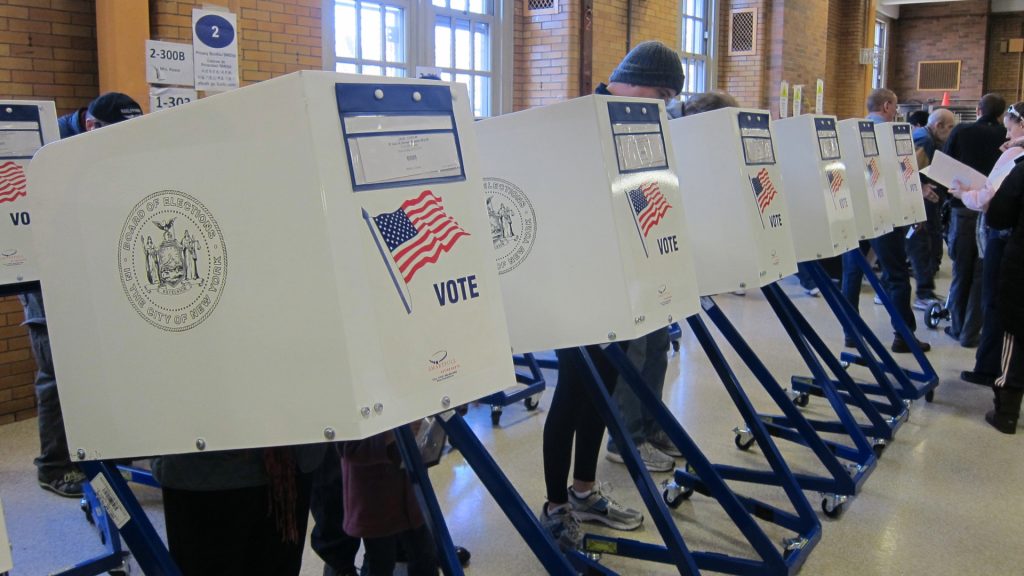
The last election cycle saw the Democrats win the House 222 to 213. Since there are about a dozen Democratic senators also vacating seats, they may be at a disadvantage. The GOP can capitalize on it, although they have a similar number of candidates leaving.
Signs The GOP May Be Lacking Confidence
Democrat resignations, while similar in number, have a far more significant percentage seeking higher office than simply leaving Congress outright. On the blue side of the House, four of their number are applying for more powerful offices within the political machinery.
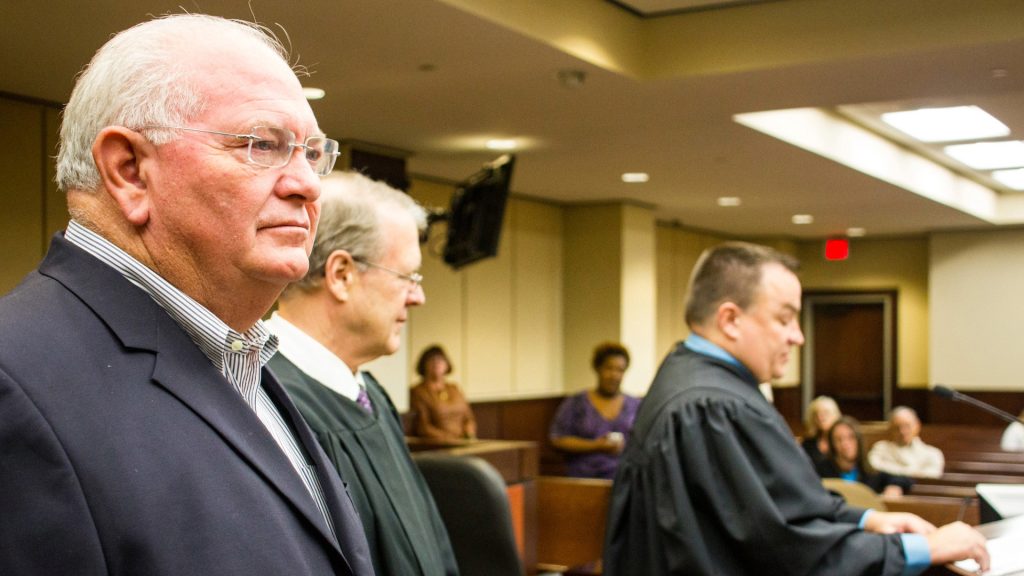
The exodus of the GOP congresspeople may say more about their confidence in the party than you’d think. Historically, outright resignations from Congress are a good sign that those members have little or no faith in the party’s ability to triumph.
Less Productive For Some
While lawmakers may be quitting Congress in such numbers for several reasons, a few statements have highlighted the most prominent ones. The nature of Congress today is more toward politicians who want exposure.
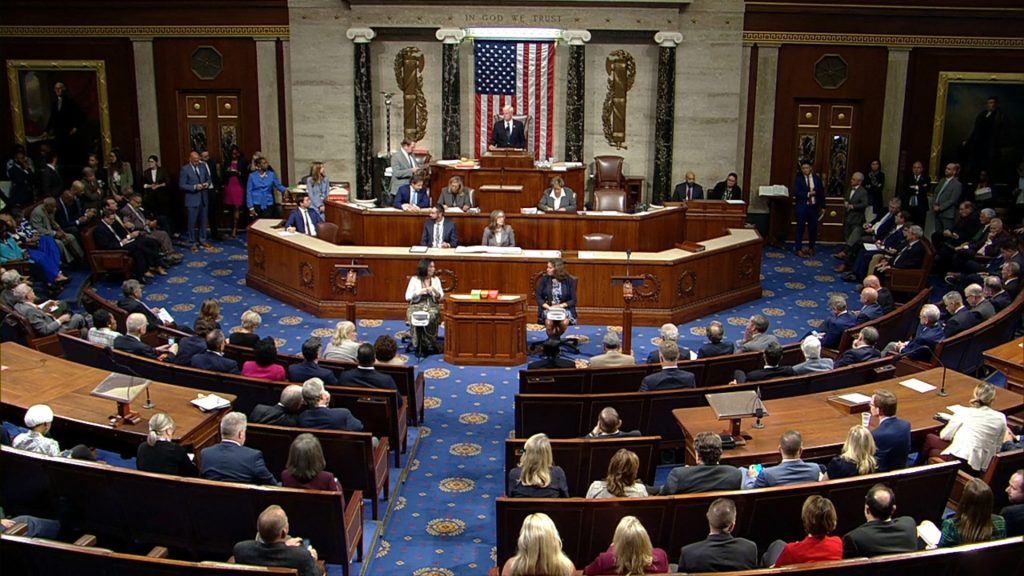
For those who work in the background without the supporting staff of the TV cameras, it’s a more difficult prospect to keep motivated. The background lawmakers don’t get the same respect from the public as those who show up in the TV’s lenses.
Long Holiday Break Could Change Some Minds
While the decisions might be political, they might also be due to something a lot less impactful to Congress. It has to do with the extended Christmas break that was just completed, allowing lawmakers back to the Capitol.

Some of the more far-flung representatives would have had an extended stay in their own homes and might reconsider the cutthroat nature of Congress while being so far from it. These feelings may have influenced their decisions to avoid running for office again.
Orchestrating Succession For Their Seat
The slew of resignations may also be because these congresspeople may have waited before announcing their departure. Each state’s filing deadline for candidacy differs, and some congresspeople may prefer to defer to as close to the date as possible.
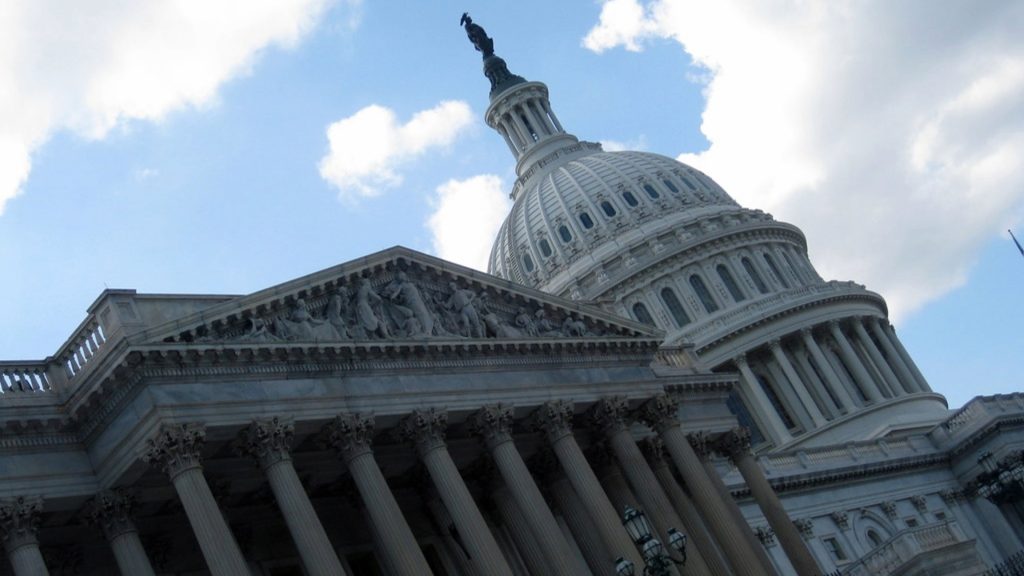
This gives them the best chance of being involved in choosing their own successor. Since they have been occupying the seat for so long, the Democrat or Republican successor could have their seal of approval, making it more likely they’d get elected.
More Retirements May be Coming
These announcements, as widespread as they are, might not be the end of the announcements. More House regulars are seeing the tides turn against their method of politics, and they just can’t deal with how it’s going.
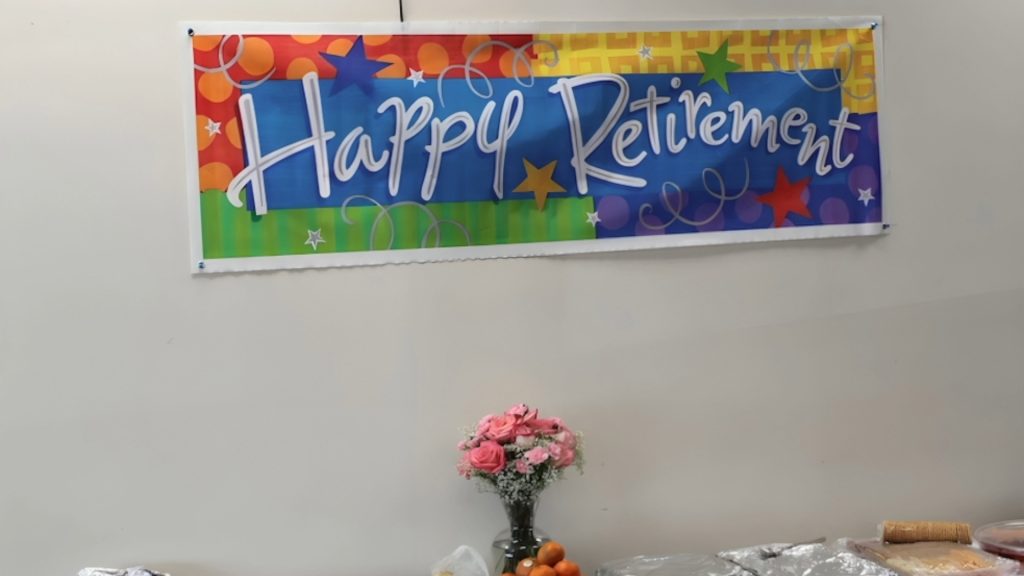
Other Republicans have been disgruntled with their party’s ineffectiveness in reining in their most aggressive and violent supporters. Yet others are working for no recognition in a system that has almost completely changed.
A Changing Of the Guard?
One of the common complaints that many younger people have is how age-dominated Congress is. Most of the representatives in the House are over the age of 65. This makes many people think that Congress is out of touch with what’s happening today.

The success of younger, more attentive congresspeople has made it clear that there is a need for younger people inside Congress. Whether these open seats will promote more young people to become representatives remains to be seen.
What Does This Mean for The US?
The differences in politics we see in the US today could be helped by younger people who understand what’s happening. But it could just as quickly be pushed off the deep end by more aggressive hardliners taking the place of moderate lawmakers.
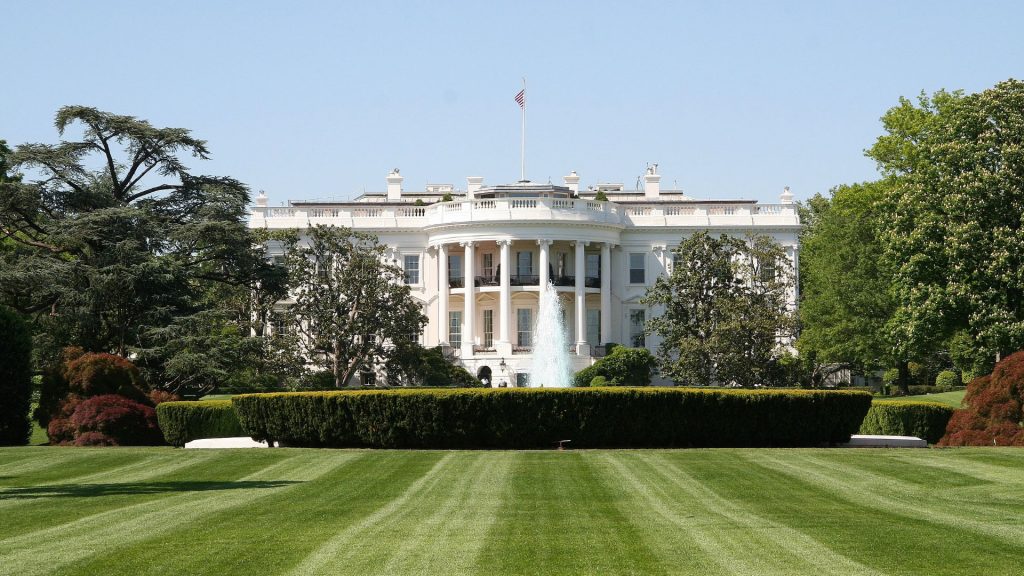
Only time will tell what sort of Government the US can look forward to having. These congresspeople who are leaving have done as much as they can for their country. How it goes on without them is anyone’s guess.

